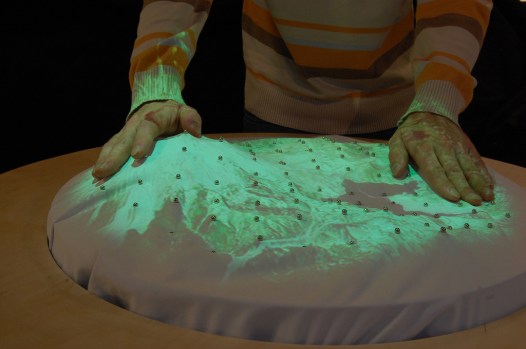By Angela Dorizas
The Federal Government has responded to claims of poorly coordinated social services delivery in New South Wales’ second most disadvantaged local government area.
A study conducted by the western NSW Shire of Central Darling and Charles Sturt University found that up to 46 different federal, state and non-government agencies based outside the Shire were delivering core services, including health, housing, education, domestic violence support and child protection, on a poorly coordinated and ad-hoc ‘fly-in, fly-out’ basis.
Local unemployment figures in the Shire’s townships of Wilcannia, Menindee, Ivanhoe and White Cliffare are up to 60 per cent and the average weekly family income is $518 less than the national average. The region has a mostly Indigenous population of 2000.
Central Darling Shire called for local government to take a greater role in coordinating services in regional Australia and for the Federal Department of Families, Housing, Community Services and Indigenous Affairs (FaHCSIA) to carry out its own review of service delivery in the region.
According to FaHCSIA, the Department is leading the implementation of the Australian Government’s whole of government approach to closing the gap on Indigenous disadvantage.
“Service delivery for residents of the Central Darling Shire are either locally based or delivered on an outreach basis from Dubbo,” a departmental spokesperson told GovernmentNews.
“The Australian Government Indigenous Co-ordination Centre (ICC) is based at Dubbo and coordinates Australian Government programs in consultation with the NSW Department of Aboriginal Affairs and local governments across the Western NSW region.
“ICC staff regularly visit all 16 towns in the Murdi Paaki region.”
Last year, the Council of Australian Governments (COAG) established a new national partnership aimed at improving service delivery to 26 remote Indigenous locations across Australia.
“Through this National Partnership the Australian Government and States will provide a total of $291.2 million over six years in joint funding to improve access to services by Indigenous Australians in remote areas,” the spokesperson said.
“This will include the development of community baselines, audits of service delivery and development of local implementation plans with communities to address the gaps.”
Related Story: Poor service delivery in ‘remote control’ communities
Comment below to have your say on this story.
If you have a news story or tip-off, get in touch at editorial@governmentnews.com.au.
Sign up to the Government News newsletter


